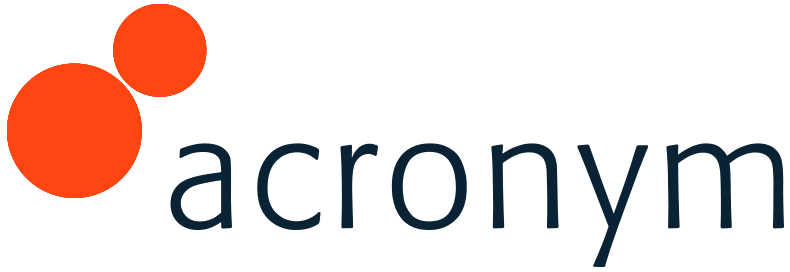By Sha Salim
 Introduction
Introduction
In 2011, in an effort it said was to protect the privacy of its users, Google started to encrypt searches for users who were logged in to their Google accounts. Two years later, the protection of privacy via Google Secure Search was extended to all users, regardless whether they were logged in to their accounts.
Very recently, Chinese web services giant Baidu has followed in Google’s footsteps to ensure that the privacy and Internet safety of its users are heightened. This is specifically due to increasing amount of complaints that the search engine has received from web consumers in China.
Similar to Google, this initiative was carried out in two phases. It started with a shift to SSL, thus ensuring a secure connection, reflecting https:// rather than http:// as a prefix to a web address. This precaution, however, was not sufficient, as DNS hijackers were still able to access search behavioural patterns of Baidu users. So the next step taken was to eliminate referring organic search keywords completely from the equation.
Similar Impact
The immediate impact from these security measures taken by both major search engines is that organic search queries leading to website visits are now hidden from website owners, which can be crippling to on-going SEO efforts.
This includes the lack of visibility within both global and Chinese analytic tools such as Google Analytics, Omniture Site Catalyst, CNZZ Tongji and 99click.
In a study done across 60 websites for Google, the percentage of keywords being withheld has been gradually increasing and reached as high as 90% as of December 2014. As for Baidu, the percentage has gone up to 80% by June 2015, a gradual increasing from April. But this percentage varies across different website categories. In addition, major web browsers such as Firefox, Safari and Chrome have also started encrypting searches, contributing to the varying percentages.
For both search engines, additional data can be gathered from the respective Webmaster Tools. In both cases, keyword data is available with some limitations:
- Data only goes back by a limited number of days (90 for Google, 30 for Baidu)
- Only organic keywords with the highest search volumes are recorded (Baidu)
- No mapping of search term to landing page (Google and Baidu)
The silver lining is that both Google and Baidu have included https:// as a ranking signal, which means secure websites are rewarded with a better ranking within the SERPs (Google) or deemed to be more credible, which in turn may lead to better ranking (Baidu). Based on this, the natural next move for webmasters would be to adopt the https:// in their website addresses to assert their security and credibility.
Moving Forward
Aside from relying on Google and Baidu’s webmaster tools, there are alternative methods to deep dive into user behaviour to site and on-site. These include:
- Utilizing analytic tools such as Baidu Tongji (a free web analytics tool by Baidu)
- Analysing on-site searches to determine visitor interest
- Using search volume tools to get insight on search volume and estimated clicks for specific keywords
- View historical data and analyse search trends to determine what keywords are seasonally effective in driving visits and site engagement
- Examine top entry pages. This will provide a gauge on the kind of keywords that may have been used to access the pages
- Analyse the incoming search queries for paid search activities (if any)
Conclusion
The search space is ever changing and the omission of referring keywords is a double-edged sword. For one, it elevates the importance of Internet security, which is assuring for web users and webmasters. On the flip side, it also provides a limitation, particularly for website owners, on the keywords that drive visits to the website. While the effects across Baidu and Google are similar, fortunately there are still alternative sources to fall back on in order to understand visitor behavioural patterns and website performance.
References:
http://zhanzhang.baidu.com/college/articleinfo?id=338
http://searchengineland.com/post-prism-google-secure-searches-172487
http://searchengineland.com/google-to-begin-encrypting-searches-outbound-clicks-by-default-97435
http://www.wuyouseo.com/seojiqiao/427.html
http://www.notprovidedcount.com/
http://searchengineland.com/google-starts-giving-ranking-boost-secure-httpsssl-sites-199446
http://googleonlinesecurity.blogspot.sg/2014/08/https-as-ranking-signal_6.html
 With 6 years of search experience, Sha leads the SEO team in Acronym Asia, running complex enterprise SEO initiatives for some of the world’s leading luxury travel and finance brands. Her experience spans SEO and PPC with a focus on search integration.
With 6 years of search experience, Sha leads the SEO team in Acronym Asia, running complex enterprise SEO initiatives for some of the world’s leading luxury travel and finance brands. Her experience spans SEO and PPC with a focus on search integration.
Prior to joining Acronym 4 years ago, Sha worked with Ogilvy on brands such as Nestlé, Resorts World Singapore and VisitBritain.





